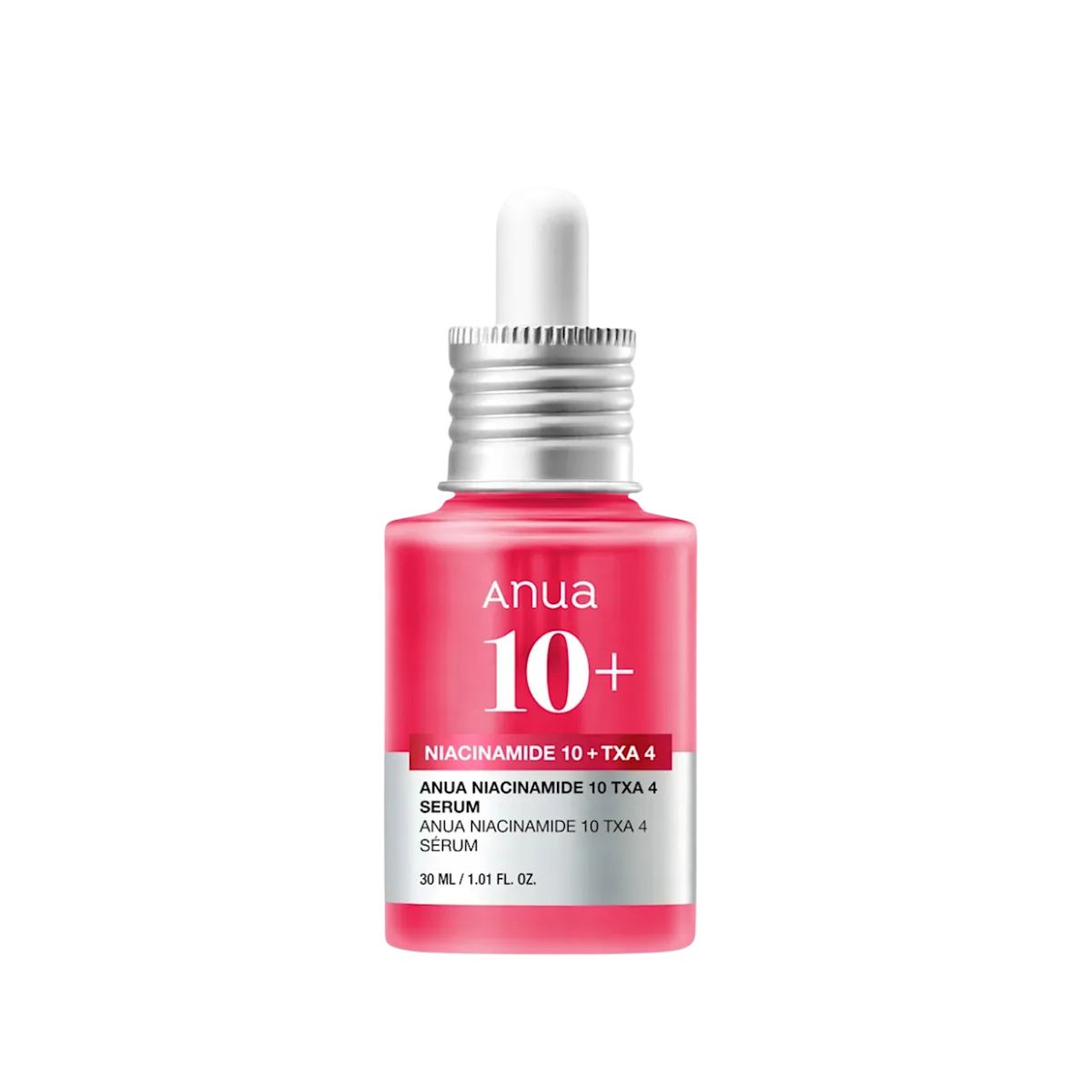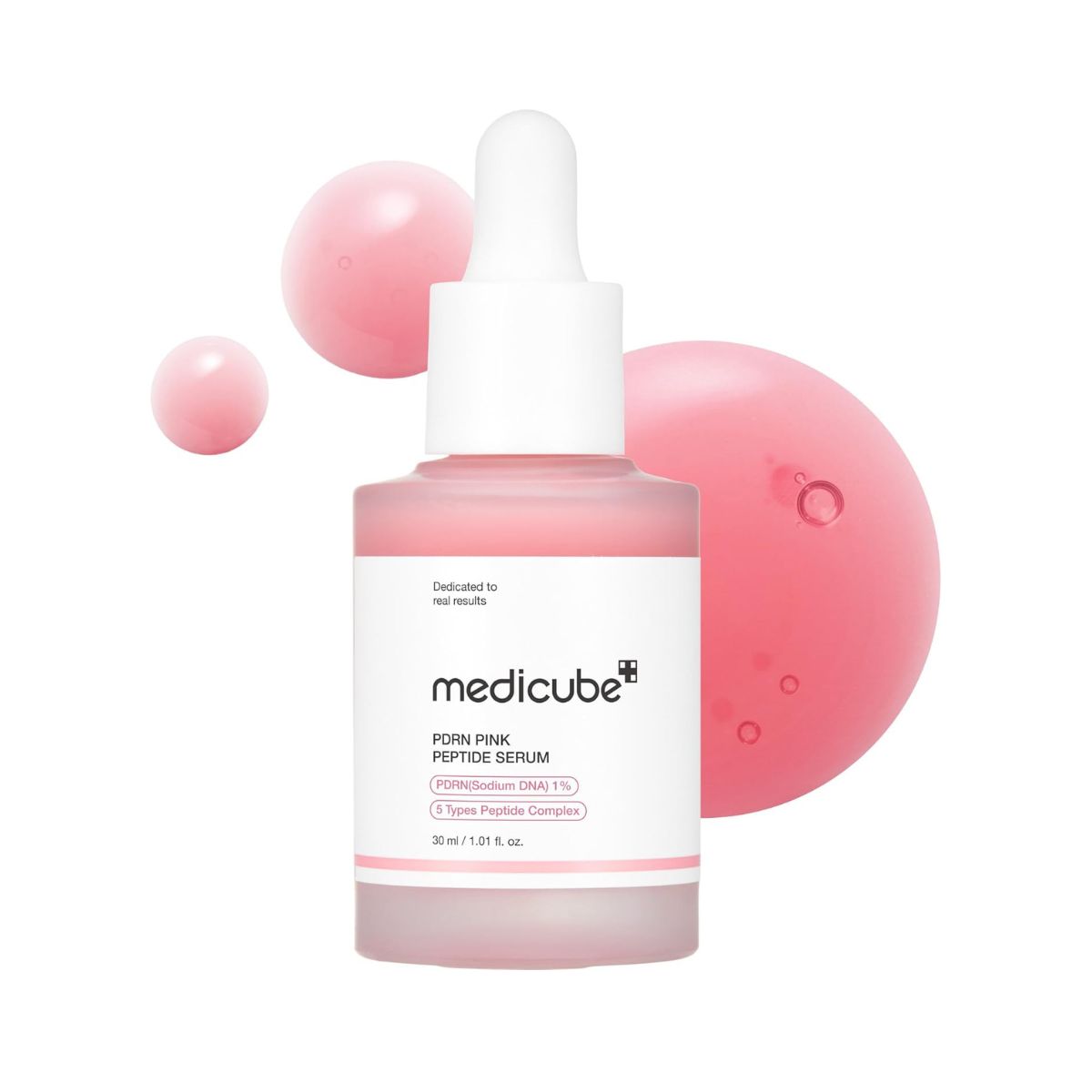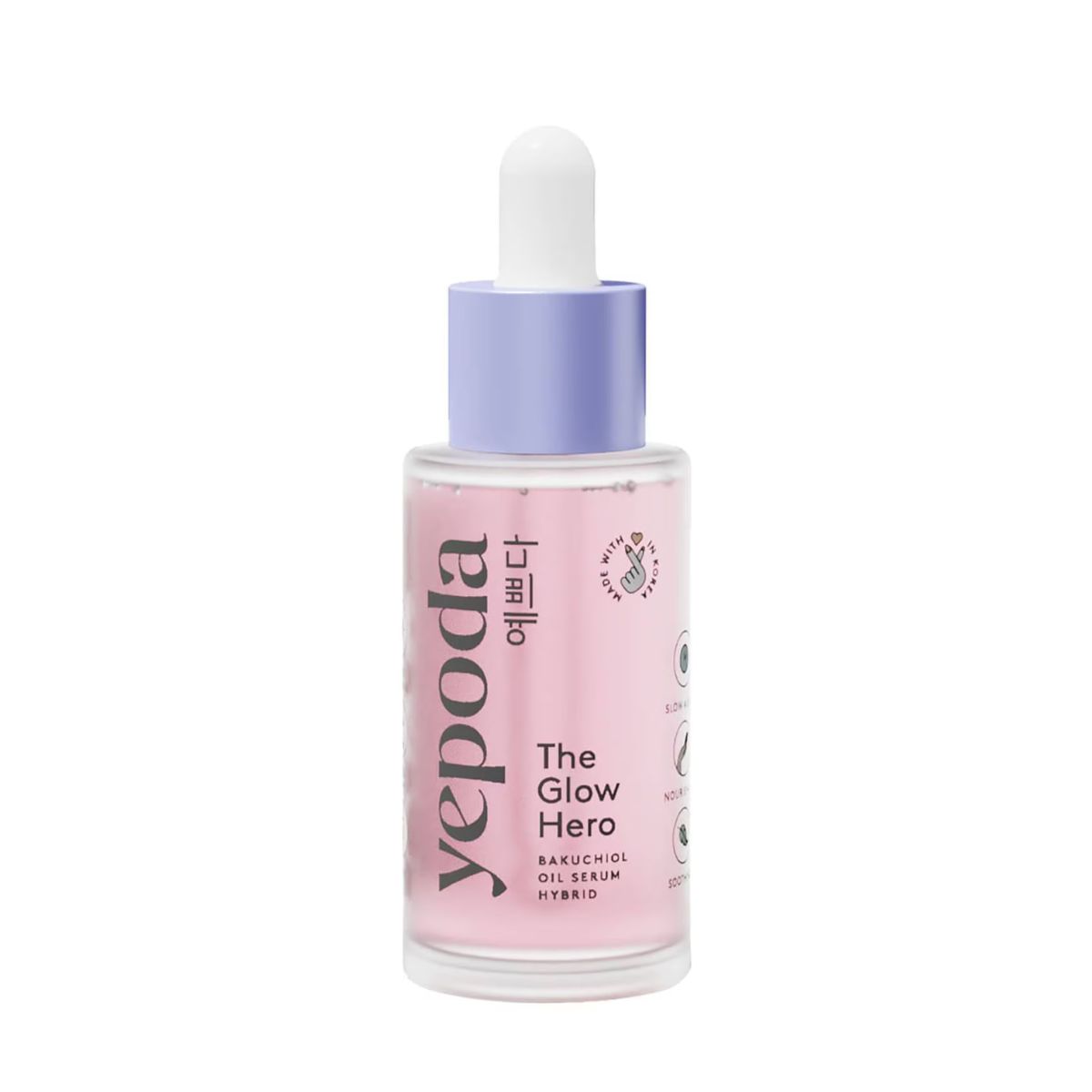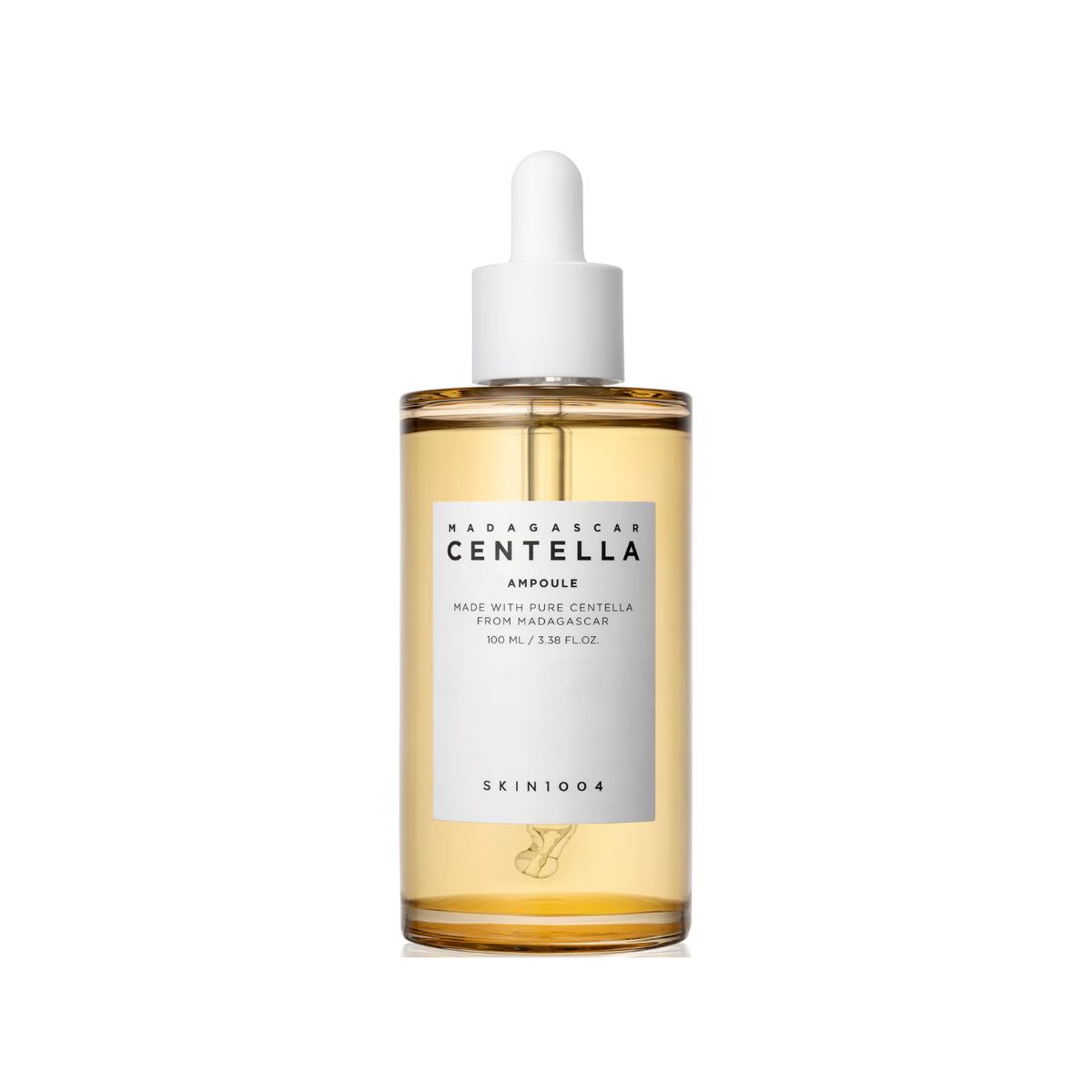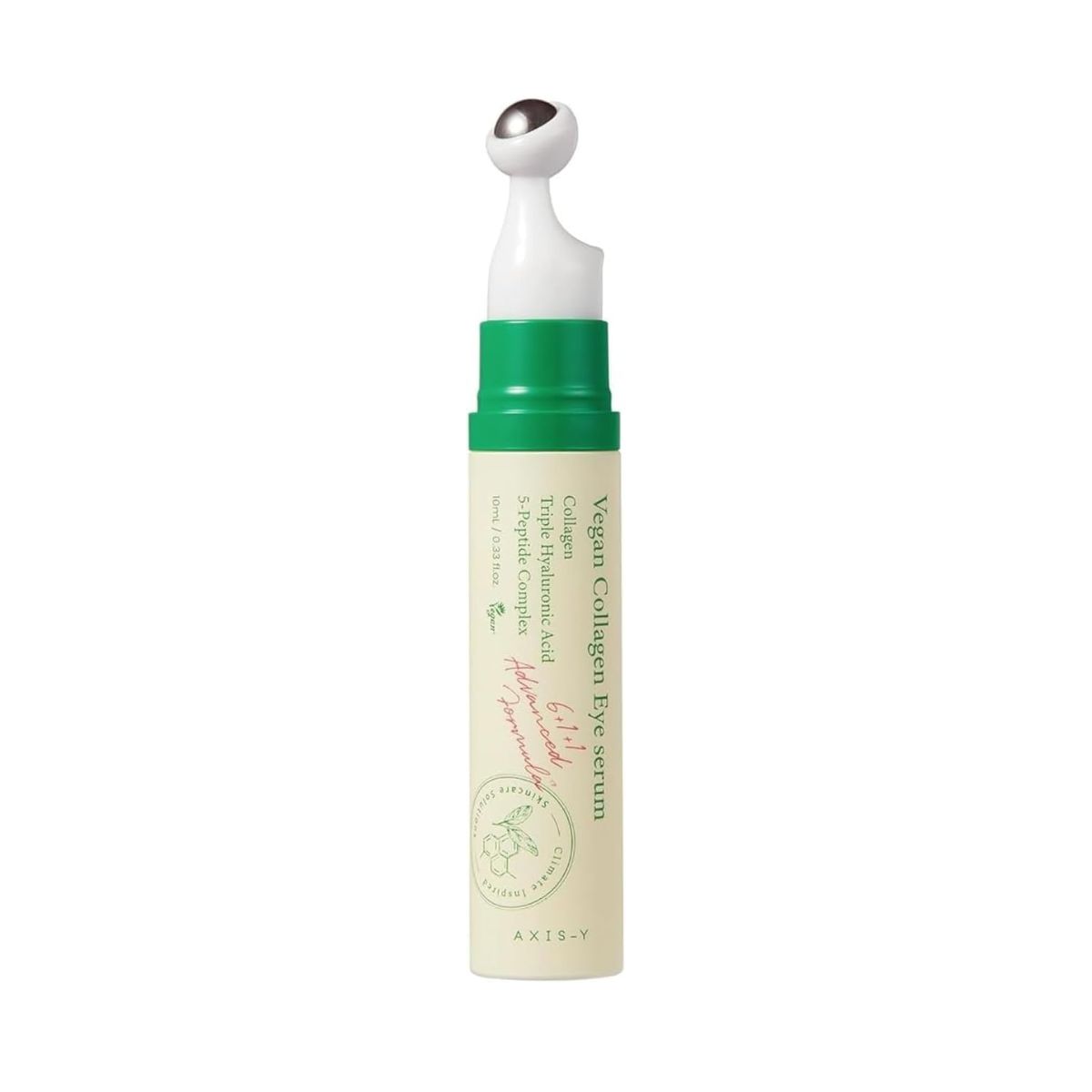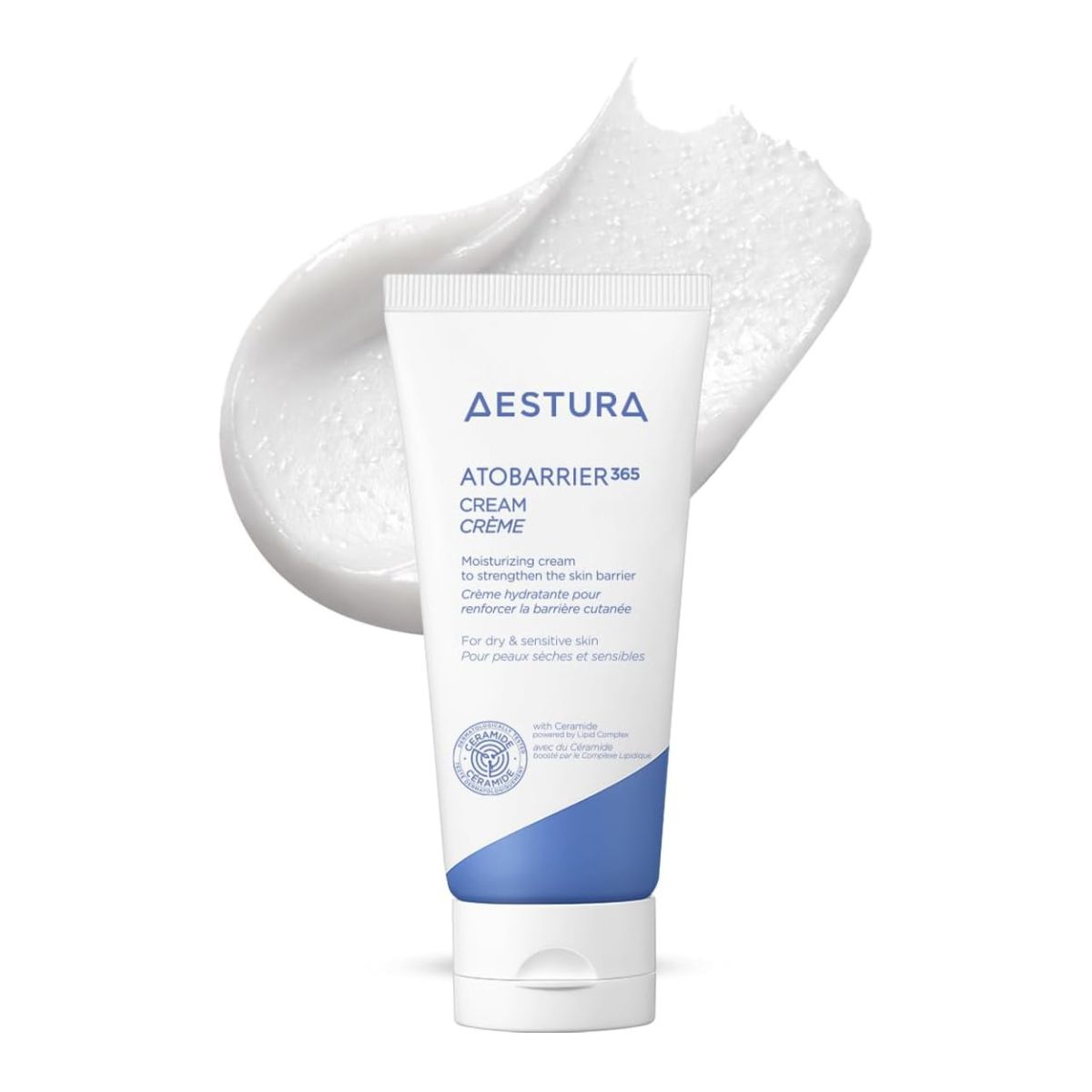Not To Brag, But Since Prioritising These Korean Skincare Ingredients, My Skin Has Never Looked Better
As recommended by derms
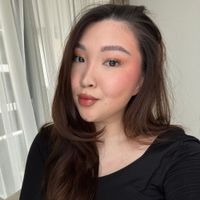

The world of Korean skincare never ceases to fascinate. That said, it’s also not the easiest to navigate. Whether you've found yourself intrigued by the innovative formulations or the barrier-first approach, the truth is that, unless you’re "in-the-know", finding your way around can prove trickier than you might think.
Take it from me: even as an Asian beauty journalist who was introduced to the world of K-Beauty as a child, there was a time when I also found myself overwhelmed. But since spending the better part of my career testing various formulas and interviewing dermatologists, my expertise has grown. It's not an exaggeration to say that, as a result, most of my vanity table continues to be occupied by Korean skincare.
A post shared by Dr Christine Hall • 크리스틴 • K-Beauty • Aesthetics Doctor (@drchristinehall)
A photo posted by on
Truth be told, now that Korean brands are becoming readily available within the Western beauty space, I have turned into somewhat of a speed-dial expert who curates all my friends’ skincare routines. And when I do put on the hat of a K-Beauty sleuth, I always strip it down to the basics — AKA the ingredients.
You see, there is a good bunch of distinct skincare ingredients that you're most likely to spot in Korean formulas. Some you may be already familiar with (think: hyaluronic acid, ceramides and the works), while others are a bit of a mouthful (be it tranexamic acid or polydeoxyribonucleotide).
Having picked apart each and every single one of them with the help of dermatologists, I've shortlisted a handful that have proved the most effective. In fact, since prioritising using these components in my daily regimen, my skin has never looked better. So whether you're relatively new to K Beauty or if you're looking to revamp your already existing routine, here's a full breakdown on the best Korean skincare ingredients worth considering.
How does Korean skincare differ from the Western approach?
"It is estimated that Korea are 10-12 years ahead of us in terms of beauty innovation and ingredients," says Dr. Christine Hall, the general practitioner in medical aesthetics at TakTouk Clinic. "As an example, polynucleotide injections (better known as the salmon sperm injectable or facial) were launched in Korea in 2014, whereas they only became popular in the UK in 2024."
"At the core of Korean beauty is the skin barrier—nourishing and ensuring that it is not compromised. The Korean skincare approach tends to be more focused on prevention and long-term skin health, whereas Western skincare has historically emphasised rapid results," she explains.
Celebrity news, beauty, fashion advice, and fascinating features, delivered straight to your inbox!
According to Dr. Hall, K-beauty is less about 'quick fixes' and more about achieving healthy, resilient skin through gentle, barrier supporting products. "Western skincare, in contrast, has often favoured stronger, more aggressive products like exfoliants or retinoids, with a focus on quicker visible improvements."
"In Korea, we learn to care for our skin from a young age—layering hydration, protecting the barrier, and prioritising prevention. It is rooted in consistency, skin health, and long-term maintenance," adds Dr Shinny Cho, consultant dermatologist at Future Care Medical.
"That doesn’t mean one approach is better than the other, but I do think there’s room for the two philosophies to meet," explains Dr. Cho. "I see this in clinic every day—patients benefit most when we combine science-backed actives with the gentle, consistent philosophy of Korean skincare."
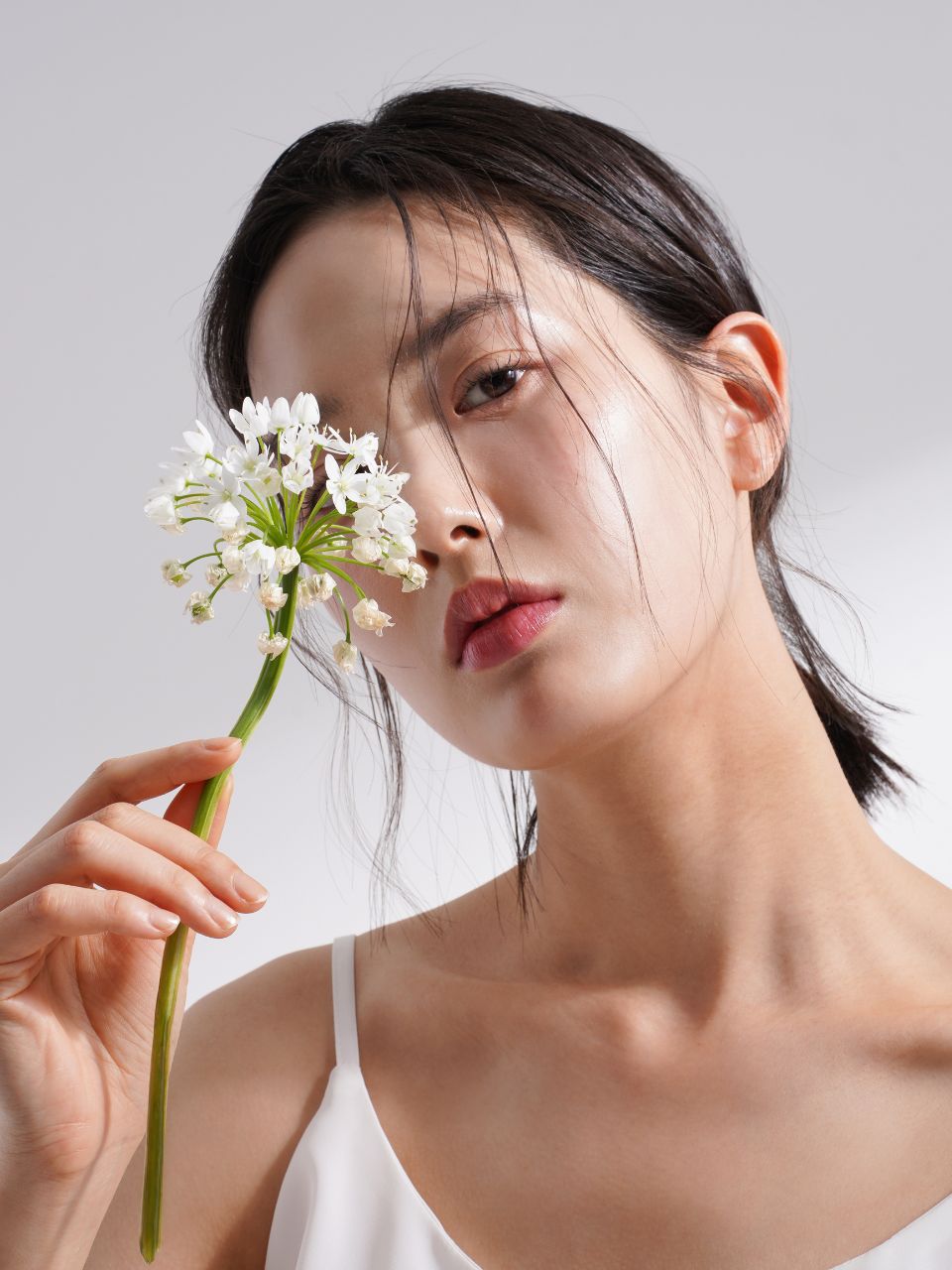
Which Korean ingredients are overrated?
Both Dr. Hall and Dr. Cho agree that one of the most overhyped ingredients in Korean skincare is snail mucin. "While it has moisturising and regenerative properties, I feel its benefits are often exaggerated," shares Dr. Hall. "It’s a good hydrating ingredient, but I believe other components, such as hyaluronic acid or ceramides, provide similar—if not superior—results for most skin types," she explains.
Additionally, Dr. Cho says that "snail mucin's so-called anti-ageing effects are not as robustly proven as more established actives."
The best Korean skincare ingredients, explained
1. Tranexamic Acid
"Tranexamic Acid is an ingredient I’ve become increasingly interested in due to its impressive ability to reduce hyperpigmentation and even skin tone," says Dr. Hall. "It’s a drug that was previously used to control bleeding in trauma patients or in women who suffer from very heavy periods. It was found that those who took the tablet orally saw an improvement in patches of hyperpigmentation," she explains.
Today, you'll find this ingredient used in some of the most popular Korean formulas. According to Dr. Hall, it's particularly helpful to help with conditions like melasma and sunspots. "The best part is that it tends to have fewer side effects and a gentler impact on the skin," she continues.
"It works differently from traditional anti-pigmentary agents — it reduces pigmentation by calming inflammation and disrupting the pathways that trigger melanocyte activity," adds Dr. Cho.
2. PDRN (Polydeoxyribonucleotide)
"Coming from Korea, I was already familiar with PDRN long before it appeared in Western clinics. Derived from salmon DNA, it’s a fascinating regenerative compound that enhances tissue repair and collagen synthesis," says Dr. Cho.
Often used in the form of injectables, Dr. Hall explains that there's "stacks of evidence that shows that PDRN stimulates also enhances skin elasticity."
That said, as innovation continues to surprise us, topical products also deliver results over time. "It improves skin quality in a way that feels more supportive than stimulating. I’ve seen it help with everything from acne to sensitive, post-procedure skin, or mature skin," says Dr. Cho.
3. Bakuchiol
A plant-derived compound, bakuchiol, is found in quite a few Korean skincare formulas, particularly evening formulations.
"I often recommend bakuchiol as a gentler alternative to retinol, and Korean brands formulate it beautifully," says Dr. Cho. "It’s rich in antioxidants, has anti-inflammatory properties, and helps with pigmentation and fine lines without the peeling and irritation retinoids can cause. I find it ideal for my patients who can’t tolerate retinoids, whether due to sensitivity, rosacea, or just personal preference," she adds.
According to Dr. Hall, unlike retinoid-infused skincare products, due to their gentle nature, bakuchiol formulas are also suitable for pregnant people — although she definitely recommends checking the label first.
4. Centella Asiatica
Out of all skincare ingredients, Dr. Hall praises centella asiatica (also known as "cica") as her absolute favourite ingredient in K-Beauty. "You will find it in so many formulas, and with good reason. It’s well known for its skin-healing properties and I often recommend it to those with irritated, sensitive, or inflamed skin," she explains. "One of the components of centella is madecassosides, which have potent anti-inflammatory and even antioxidant properties (meaning it also will help with visible signs of ageing as well as soothing the skin barrier)."
Dr. Cho also shares that "it’s one of the first ingredients for post-procedure skin," and she often recommends it to clients as part of after-care.
5. Peptides
"In clinic, I’m often asked about collagen support, and peptides are a great topical option," says Dr. Cho. Peptides are short chains of amino acids that play an essential role in skin structure and function.
"They signal the skin to produce more collagen, improve elasticity, and strengthen the barrier. Korean brands use them in smart combinations, often with ceramides and humectants, which improve both skin structure and hydration," explains Dr. Cho.
They're also great for reducing the appearance of fine lines and wrinkles, and some of the more innovative peptide-infused formulas on the market have been shown to work very quickly.
6. Ceramides
"Ceramides are naturally occurring lipids that are essential for maintaining hydration and preventing moisture loss—ceramides themselves are natural and form an integral part of the skin barrier," explains Dr. Hall. "They're one of the key components in Korean skincare formulations, especially for those with sensitive or dry skin. I often recommend ceramides for strengthening and protecting the skin’s barrier, as they help to lock in moisture."
Elsewhere, Dr. Cho recommends ceramide-rich formulas for those dealing with post-retinoid, inflamed skin or if you have a skin condition like rosacea or eczema.
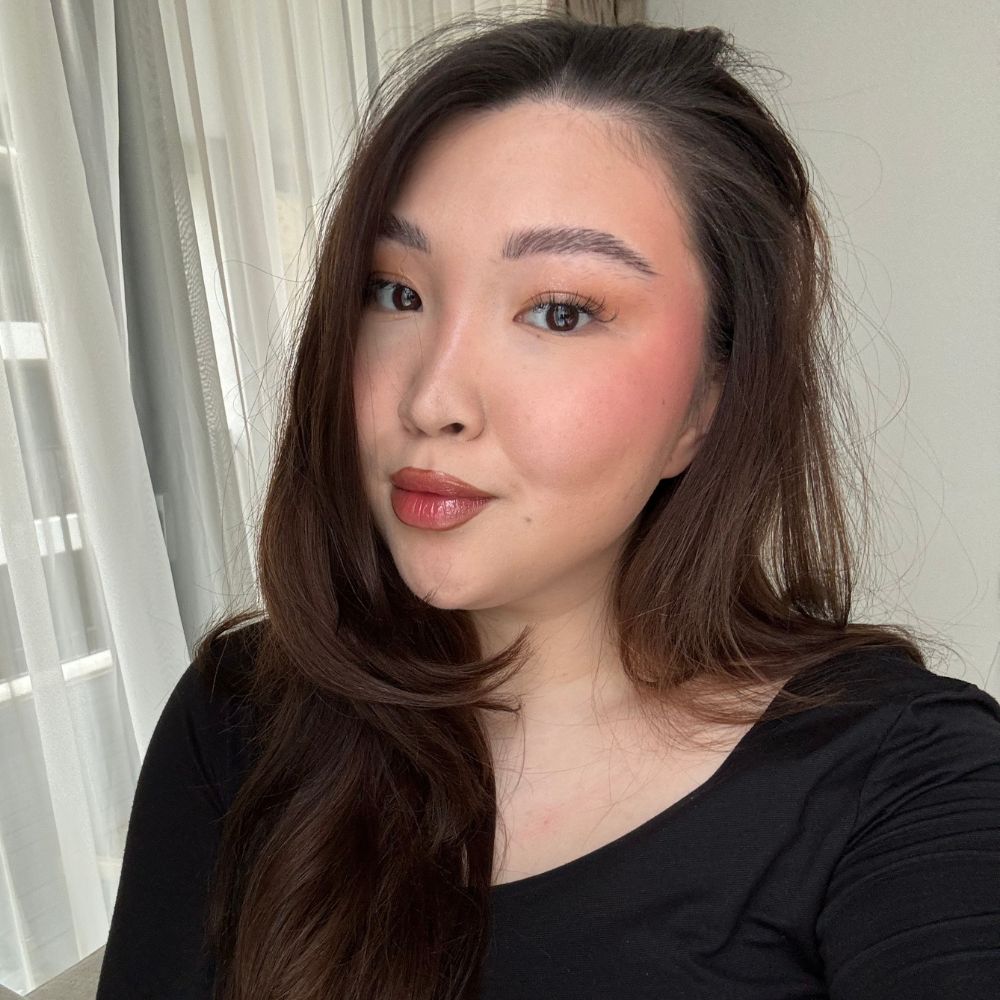
Denise is an award-winning beauty journalist with years of experience in the industry, writing about everything from makeup and skincare to perfume and haircare. Having interviewed celebrities like Khloe Kardashian and Winnie Harlow, Denise's vast writing portfolio also includes a number of product reviews, buying guides, first-person features and deep-dive explainers.
